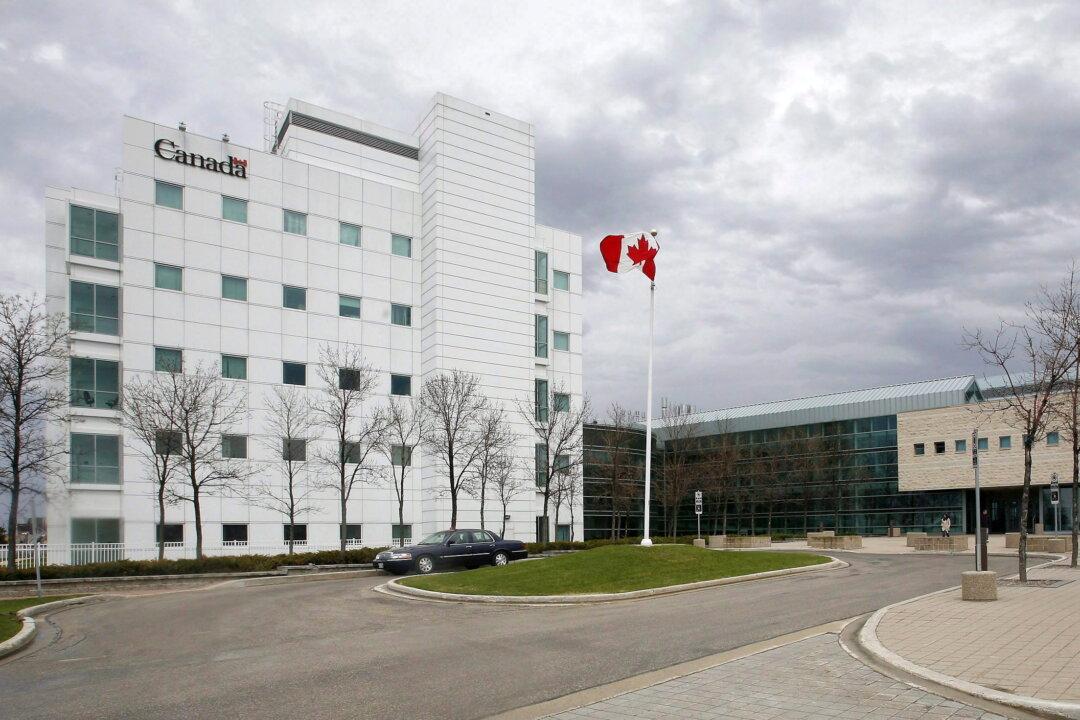The Chinese military saw Canada’s top bio-safety laboratory, and one of its scientists who was eventually fired for security breaches, as important assets to further its own virus research, government records show.
Canadian scientist Qiu Xiangguo, who worked at the National Microbiology Laboratory (NML) in Winnipeg, helped China build its lethal pathogens program at the Wuhan Institute of Virology (WIV) before it acquired a top-safety certification. Ms. Qiu then worked to ship deadly viruses there shortly after certification was obtained.





